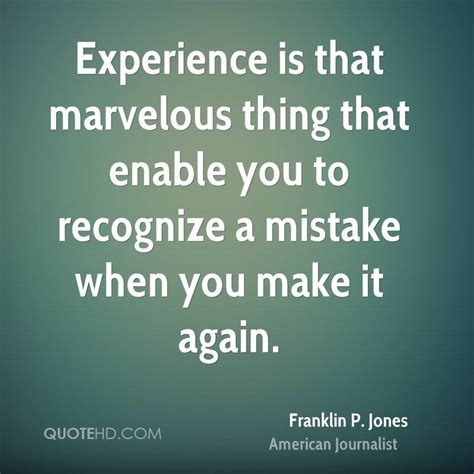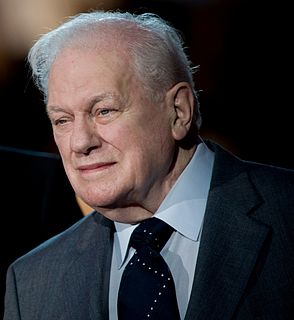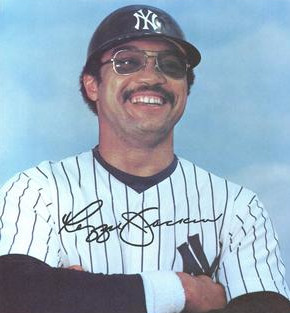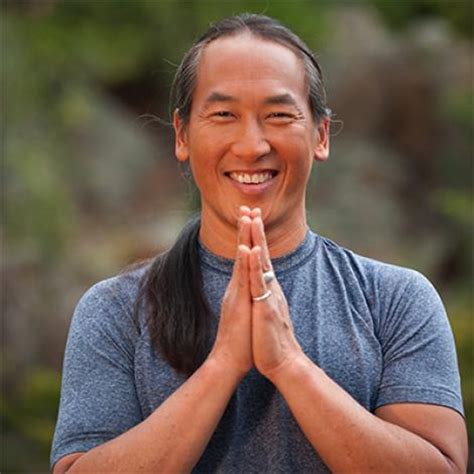A Quote by Franklin P. Jones
One advantage of talking to yourself is that you know at least somebody's listening.
Related Quotes
The thing I've been talking about with daughter is the idea of - and I'm talking about essentially in America - the possibility of, a lost generation. I've been listening to a lot of music - as a fan, as a critic, as somebody who likes to dance - but I hear, you know, within these songs and half the people I hear, these philosophies encoded and embedded in these songs.
Become better listeners. Practice the art of listening in everything you do. Not just listening to yourself and your body, but listening to the people around you, listening to the plant world, the animal world. Really open your ears to what's coming at you. From there, see if you can have the ability to respond instead of react. And that usually comes with listening. If the observation and the listening are deep, then your action will be deep also.
Teaching ... particularly in the 1990s, teaching what is far and away the dumbest generation in American history, is the same as walking up Broadway in Manhattan talking to yourself, except instead of eighteen people who hear you in the street talking to yourself, they're all in the room. They know, like, nothing.

































